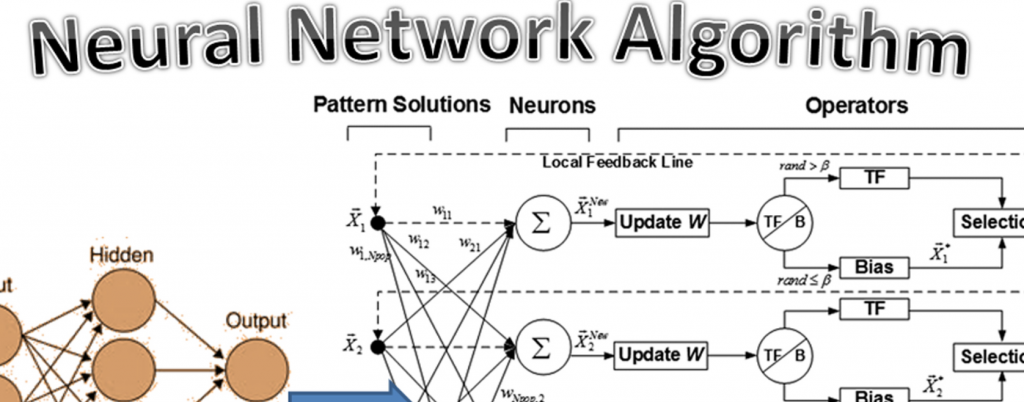Algorithms Diagnose Heart Disease Sooner than Medical Professionals
This summer came an article regarding a new way to tackle heart disease using AI. And while that isn’t a completely new way to use AI in medical care, it is a different way according to news-medical.net in a recent article.
Researchers from Nanyang Technological University, Singapore (NTU Singapore), Ngee Ann Polytechnic, Singapore (NP), and the National Heart Centre Singapore (NHCS) have invented a tool that could speed up the diagnosis of cardiovascular diseases.
Powered by artificial intelligence (AI), their innovation uses electrocardiograms (ECGs) to diagnose coronary artery disease, myocardial infarction, and congestive heart failure to an accuracy of more than 98.5 percent.
It seems Singapore’s population suffers from heart disease much the same way the United States does. Heart disease is the leading cause of death for men, women, and people of most racial and ethnic groups in the United States. About 655,000 Americans die from heart disease each year—that’s 1 in every 4 deaths.
The researchers devised the diagnostic tool by using an AI machine learning algorithm called Gabor-Convolutional Neural Network (Gabor-CNN), which mimics the structure and function of the human brain, enabling computers to learn from past experiences like a human. Using the algorithm, they trained their tool to recognize patterns in patients’ ECGs by inputting examples of ECG signals that reflect cardiovascular diseases.
According to one of the researchers:
“Our study on a preliminary small group of subjects has demonstrated promising results in terms of the accuracy of using routine ECGs to classify some common cardiovascular conditions. Although confirming the specific disease still requires additional testing, our diagnostic tool will allow physicians to triage patients more efficiently and to streamline the number and type of downstream confirmatory tests.”
The study was published in the peer-reviewed scientific journal Computers in Biology and Medicine in May.
Using AI to read MRIs or to direct surgeons in heart operations is becoming everyday stuff in much of the medical field. AI is more accurate, less prone to mistakes due to stress or fatigue. Without question, the new tool from Singapore will be in use worldwide after further trials to validate the clinical use of their new diagnostic AI tool with a larger database of patients. They hope it can be used to complement current techniques of diagnosing cardiovascular diseases such as magnetic resonance imaging (MRI) and coronary angiography.
read more at news-medical.net








Leave A Comment